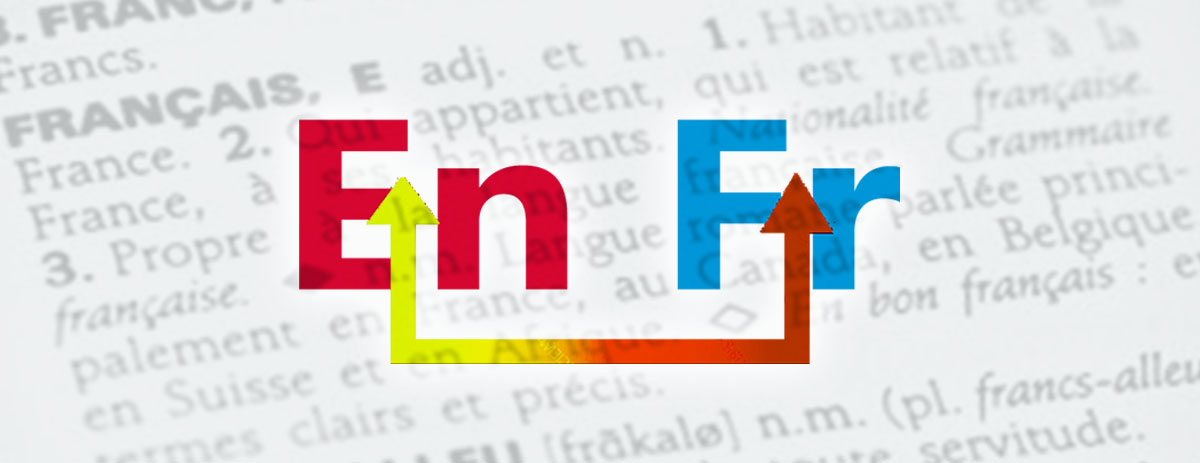Default logic
en construction
Définition
Français
Anglais
Default logic
Default logic is a non-monotonic logic proposed by Raymond Reiter to formalize reasoning with default assumptions.
Default logic can express facts like “by default, something is true”; by contrast, standard logic can only express that something is true or that something is false. This is a problem because reasoning often involves facts that are true in the majority of cases but not always. A classical example is: “birds typically fly”. This rule can be expressed in standard logic either by “all birds fly”, which is inconsistent with the fact that penguins do not fly, or by “all birds that are not penguins and not ostriches and ... fly”, which requires all exceptions to the rule to be specified. Default logic aims at formalizing inference rules like this one without explicitly mentioning all their exceptions.

Contributeurs: wiki






